"MAKE IT OPEN" SEEKS TO PROMOTE INNOVATIVE SCIENCE, TECHNOLOGY, ENGINEERING, ARTS AND MATHEMATICS (STEAM) LEARNING ACTIVITIES
AND FOSTER PARTNERSHIPS BETWEEN SCHOOLS AND LOCAL COMMUNITIES.
The Make it Open project is a three-year international collaboration funded by the European Union that aims to support schools in becoming community partners. It is based on two primary pedagogical approaches: Open Schooling and the Maker movement and has four primary objectives:
- Position schools at the center of community wellbeing
- Introduce maker education and citizen science as a transformative approach for open schooling
- Increase the level of scientific literacy and interest in science of students and parents
- Mainstream Open Schooling
Make it Open has developed a mix of actions, tools and resources that are open for the education community to engage withjoin, use or attend. A key component of the project is the development of 16 distinct learning scenarios (LSs) co-created with input from informal and formal educators and teachers. Each LS comprises 5 to 11 interdisciplinary learning units that align with the maker education and open schooling approaches, and cover topics ranging from food production to air pollution. Each LS also follows a designated template to help schools transition into Open Schooling ideas/framework. And include a step-by-step scaffold that teachers can follow and adapt based on community and curricular needs.
In addition to the 16 Learning Scenarios, the Make it Open project has developed an interactive web-based platform designed to assist teachers and educators in navigating the Open Schooling landscape, downloading materials, and designing new learning scenarios: The Navigator. The project has also established community local community hubs in ten European countries to empower schools and support teachers and educators in the implementation process at their respective schools. Additionally, the project has created a Massive Open Online Course (MOOC) to introduce the principles of Open Schooling and Maker education and to help teachers and educators design their own learning scenarios.
In Greece, SciCo runs the local make it Open Hub and to date has engaged more than 15 schools, 30 educators, 700 students and 1400 parents. SciCo led an open call for schools and utilised the platform of the Athens Science Festival in order to present the project’s scope and its basic tools. Once teachers were recruited, SciCo supported them throughout the implementation, according to their needs - eg. finding external experts, creating networks between schools, translating material, answering potential questions.
Teachers highly appreciated the richness and flexibility of the learning scenarios and units, the hands-on activities and their link to the national curriculum. Students were fully engaged throughout the implementation and created their own personal projects.
 English
English Ελληνικα
Ελληνικα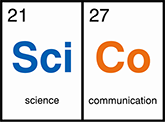
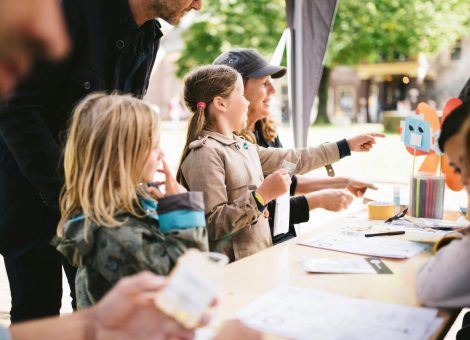
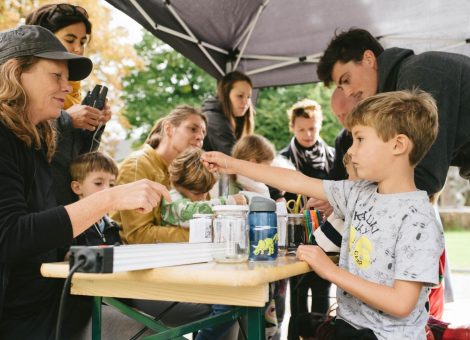
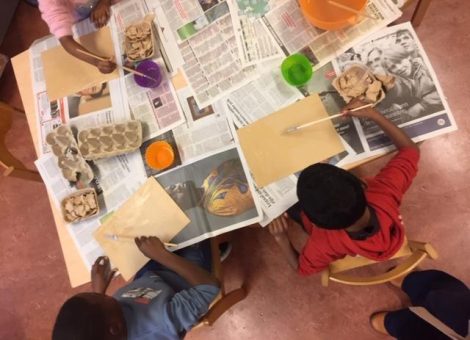
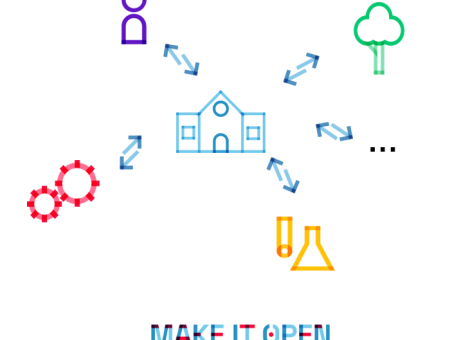
Comments are closed.